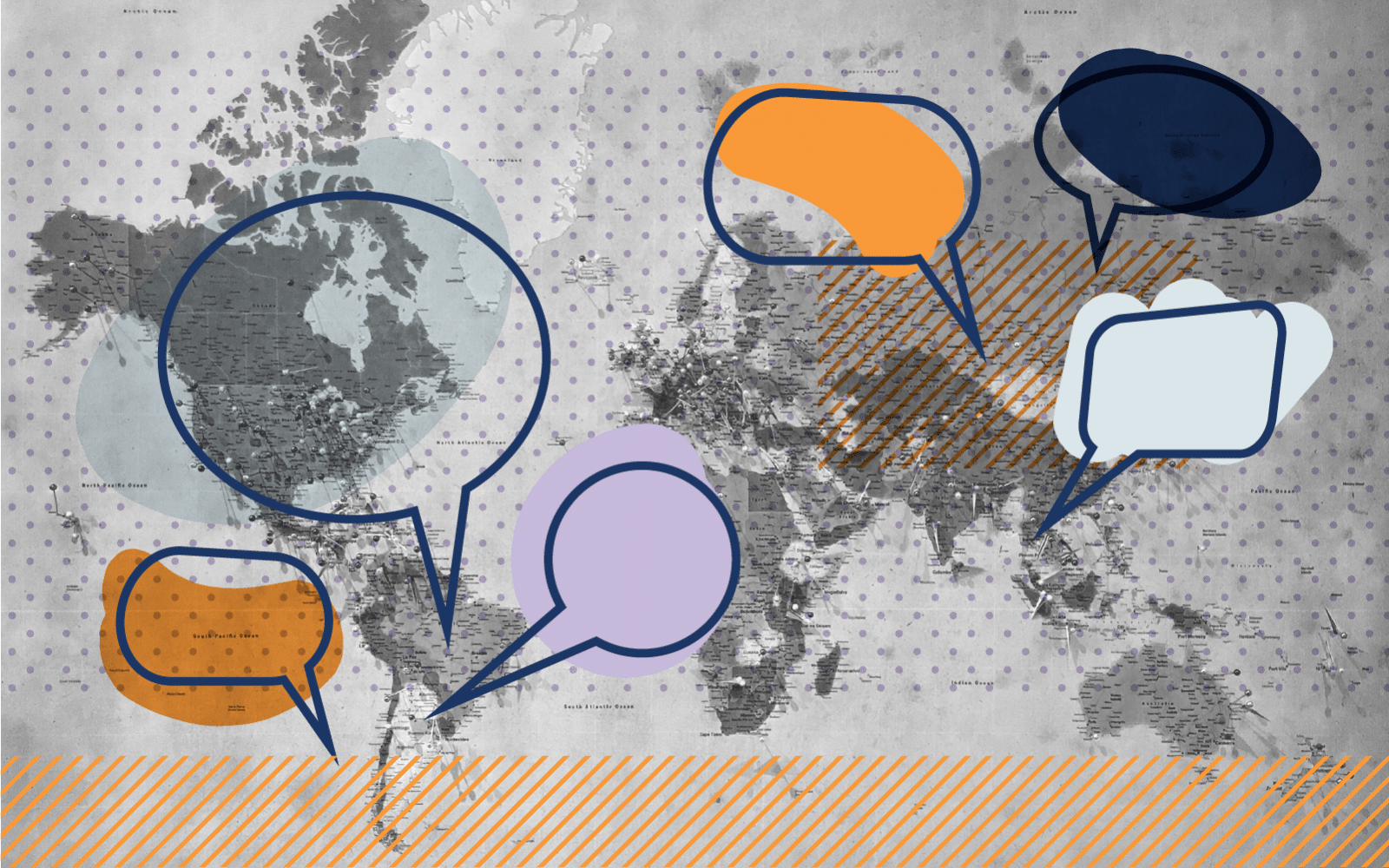March 8th is international women's day and we commemorate the day by sharing some of the stories great women changmakers we celebrated throughout the year. We are proud that more than 40% of our Ashoka Fellows who are reinventing market systems, changing national policy and changing our world are women.
1. How I woman learned to break the rules and do my part to help better the world
For centuries women have been improving their rights and status through advocacy—asking those in power to change laws and behaviors and treat them more fairly.
While that was important historical work and perhaps the best option at the time, I believe we are now at a new historical moment where women no longer need to advocate—they can step up as entrepreneurs, take charge and make the world as they desire.
2. True confessions of a social entrepreneur: A Q&A with Tonya Surman
My life motto is: “make social change, and have fun doing it.” This means that I am super intentional about making sure that my work is deeply fulfilling. When things get rough, I look for reasons ‘why?’ If I am pounding my head against a wall, I ask: ‘What am I missing? Is there an opportunity or a threat that I need to readjust around?’ I have found that the path often presents itself; we only need to see it clearly.
3. How one woman redefined the economic space for women in Pakistan
According to the Pakistan Bureau of Statistics, only 14.3% of women in the country participate in the labor force. Lack of social and financial support and restrictions imposed on access and mobility serve as major obstacles for women who want to pursue fulfilling careers. In this landscape, Sabiha Ghani has been a game changer who has redefined the economic space for women in her community. She has fostered initiative and independence by founding the Women Development Foundation Pakistan (WDFP) which supports hundreds of women in starting their own business ventures.
4. CNN Hero and Ashoka Fellow Catalina Escobar is a lifeline for teen mothers in Colombia
Long-time advocate for the health of young girls and women Catalina Escobar was recently recognized as a CNN Hero. Escobar works as a "community crusader" in Cartagena, one of Colombia's largest cities where one-third of residents live at or below the poverty line, and, to complicate matters even further, where one in five girls aged 15 to 19 are or have been pregnant.
"Girls tell me they don't understand how they got pregnant. They think it's from a kiss," Escobar said. "They don't know that the option of using condoms exists."
5. How running can change world: A Q&A with Ashoka Fellow Molly Barker
I think all big ideas start as a vision, a dream, a “what if” in our imagination. I could “see” what a girl in our program would “look” like after she completed it: strong, comfortable in her skin, empowered yet humble, authentic, real. I stayed focused on this image of what could be, and it was almost magical the way what I needed to occur just began to happen—the right books, the right people, the right thoughts, the right connections, the next right thing to do.
6. Ashoka remembers the inspiring life of the first Ashoka fellow Gloria de Souza
As the first Ashoka fellow elected in 1982 she set a high standard for all those who followed. She improved the lives of millions of children who grew up as caring, creative, and contributing young people and adults. Her work greatly influenced other systems of education around the world.
7. The Women Saving Higher Education: The Founders of AshokaU
Erin Krampetz and Marina Kim are among the entrepreneurs determined to shake things up and disrupt the system. But they're not out to take down higher ed. In fact they just might be the ones to save it.
"Universities are being disrupted and they are questioning what is next," says Krampetz. "They need to differentiate themselves and they need to innovate, but they're not quite sure how. All they hear is MOOCs and they know MOOCs are not the only answer."
Krampetz and Kim, cofounders of Ashoka U, have their own answer: the Changemaker Campus.
8. Linking the Arab Awakening to Social Enterprise - Dr Iman Bibars of Ashoka Arab in the UK
“Strong female leaders are needed in Egypt, now more than ever”
The importance of female leadership was a key theme to the message Bibars brought to the UK. “This is not a question of politics. Social entrepreneurship is about giving a voice to the disenfranchised and a channel through which people can find solutions to the problems that affect them and their communities – creatively, responsively, organically”, she said, having spent over 30 years fighting for the rights of women in her country, campaigning for their equal treatment and working to improve their educational and professional opportunities.
